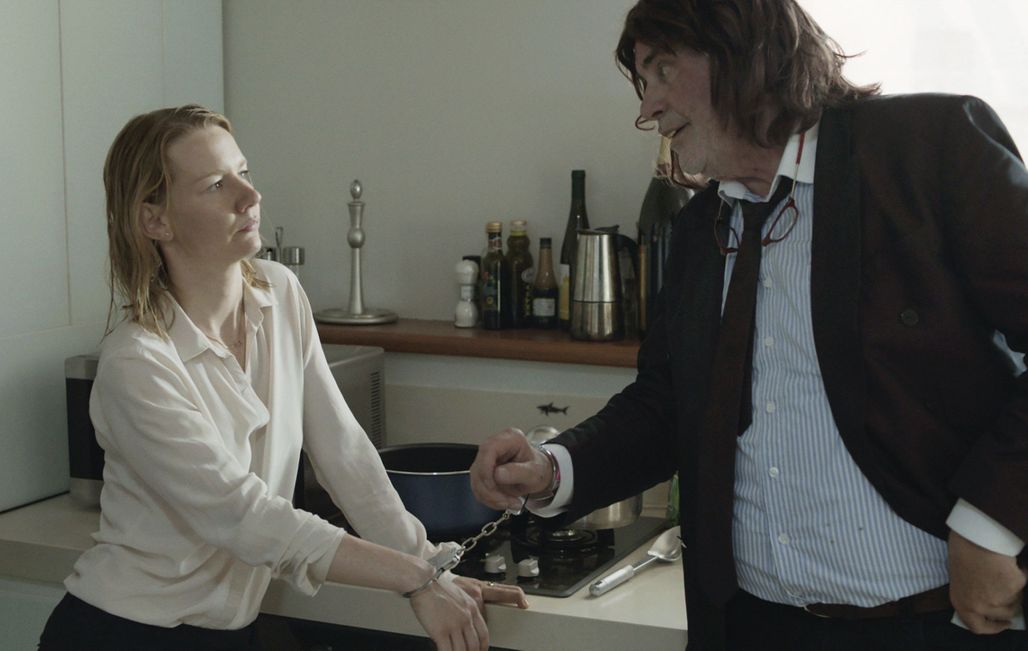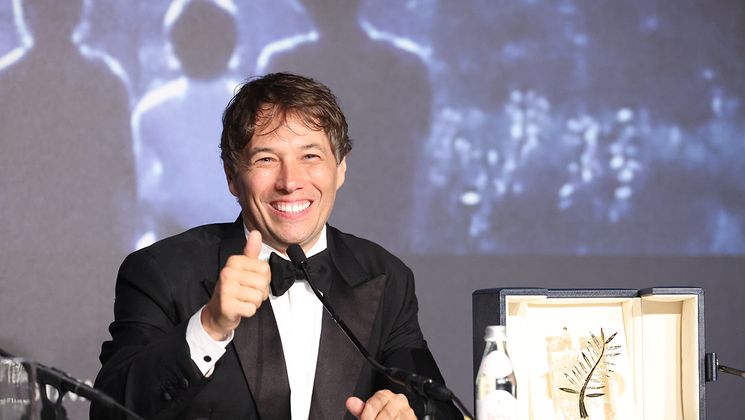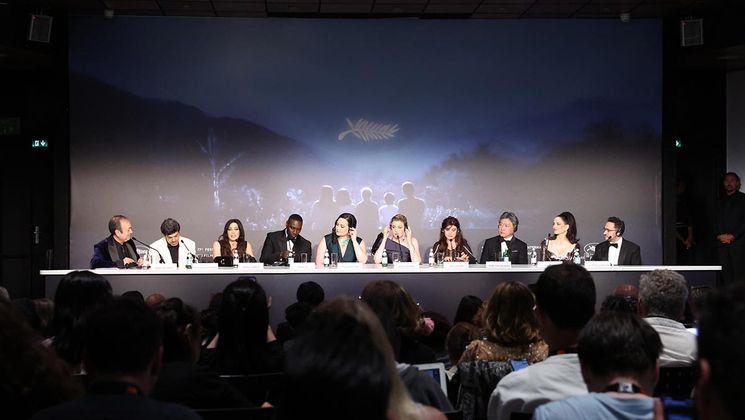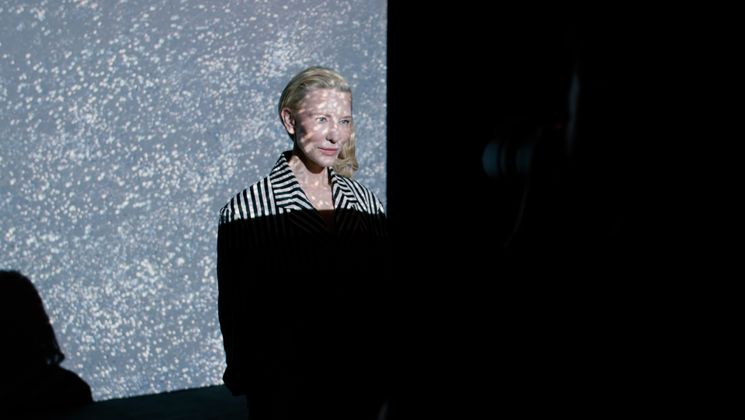
Maren Ade: exposing the cracks in relationships

Seven years after Everyone Else, a luminous portrayal of the fragility of a couple that attracted wide attention, the German filmmaker takes another look at the faultlines that prevent the smooth-running of human relationships in Toni Erdmann, her third feature film.
For a couple in their thirties, the flame is dying and there seems no way back. Under the Sardinian sun, two bodies embrace then push each other away, to become permanently estranged. In 2008, Maren Ade gave us Everyone Else, a film of sun-drenched brilliance and pitch-perfect rendering of the precariousness of romantic relationships that won the Jury Grand Prix in Berlin.
Confirming the vitality of an auteur-driven German film scene, which has been making a major comeback since the early 2000s, this feature-length film brought out the naturalistic style of the director, who trained at the University of Television and Film Munich (HFF), where she studied production.
Following in the footsteps of her professed role models – Fassbinder, Bergman and Cassavetes – Maren Ade’s films are based on simple, precise narratives dominated by the characters, whose emotions and exchanges are sometimes probed to the point of caricature.
The director, who has produced several films for her peers (Hotel Very Welcome, by Sonja Heiss, in 2007, and Sleeping Sickness [Schlafkrankheit], in 2010, by Ulrich Köhler) has a method of working that puts the central focus on her actors, giving them great freedom of interpretation.
Existentialist anxiety
“My stories may be anchored in reality, but my aim is above all to make dramatic art. I also like to exaggerate reality,” she maintains.
The rifts that destabilise human relationships, tackled in Everyone Else by means of a couple whose relationship is on the rocks, has steered Maren Ade’s thinking since her early days behind the camera. In Toni Erdmann, the filmmaker revisits her existentialist concerns, this time addressing in an humoristic way the question of happiness and the meaning of life.
The film recounts the surprising yet disturbing reunion between Ines, a consultant in the oil industry working in Bucharest, and her father, a man with a mischievous sense of humour, who she finds both a burden and a source of shame.


